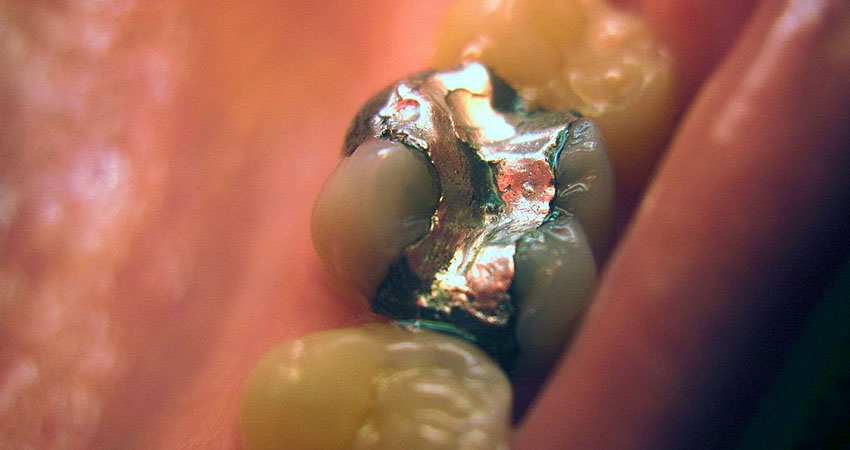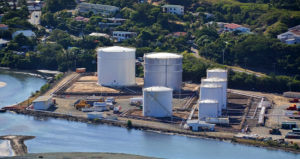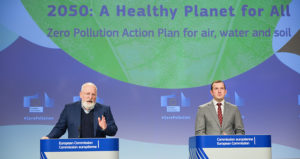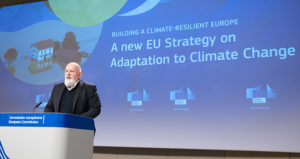EurEau: Mercury pollution requires a ban from the EU

-
 Savina Karneva
Savina Karneva
Share article:
Mercury pollution continues to be a major issue in Europe with 30% of water bodies not being in a good chemical condition due to it. The Mercury Regulation is currently being revised and the EurEau is pleading for a date for a ban on dental amalgam (mercury). The European Commission launched a public consultation with a deadline of the 3rd of May.
Mercury exists in the environment in different chemical forms such as elemental mercury, inorganic mercury and organic mercury. Once mercury is revealed in the environment, it can convert from one form to another via natural processes and cycle between the air, water, soil, and living organism. Atmospheric circulation of mercury is the reason why over 45, 000 water bodies in the EU cannot reach a good chemical condition due to a lack of mercury pollution solutions. Exposure to small quantities of the substance could cause serious health problems affecting the nervous, cardiovascular, immune and reproductive systems.
EU actions
The European Union is on track to becoming mercury-free. The EU Mercury Regulation sets 2027 as the deadline for Member States to maintain surface, groundwater, and coastal water from the substance as well as other Priority Hazardous Substances. However, water protection authorities have failed to establish proper measures to address mercury pollution in two cycles of River Basin Management Plans. The EU requires the use of techniques to reduce emissions from all relevant industrial activities. Mercury emissions to the water have dropped by 71%. However, stricter measures are needed.
Ban on mercury
EurEau is consistently advocating for a ban on dental amalgam (mercury) so that, in the future, the levels of mercury in sludge from wastewater treatment will reduce and it will be possible to reuse the resultant high-quality sludge as a source of nutrients in a truly circular economy. The major source of mercury to many wastewater treatment plants in the EU is represented by the leakage of dental amalgam from the daily erosion of teeth. Since alternatives to dental amalgam exist and a ban on mercury has already been imposed in the several Member States, EurEau requires a date for setting a ban on the use of this chemical.
















